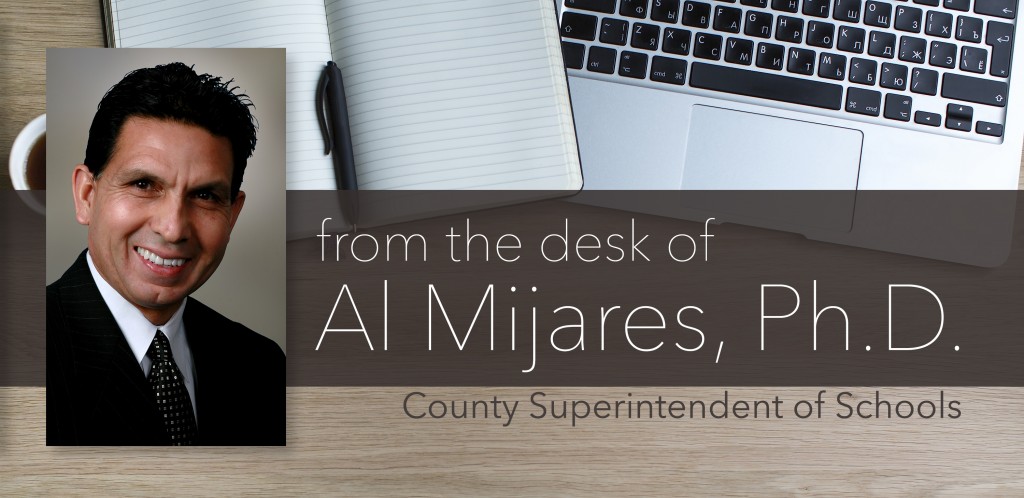In July, more than 3,000 educators from across the state gathered at the Long Beach Convention Center with matching lanyards and a uniform purpose — to amplify proven strategies that support the academic, behavioral and social-emotional success of every student.
The event was the third annual California Multi-Tiered System of Support (MTSS) Professional Learning Institute, and even more impressive than the overall number of attendees was their energy and enthusiasm.
 This was like Comic-Con for teachers, administrators, counselors and other school-based professionals whose passion for continuous improvement drove them to give up a few days of their well-deserved summer breaks. Through dozens of keynote presentations, workshops and side conversations, they thoughtfully explored how to best serve our students in equitable and inclusive learning environments.
This was like Comic-Con for teachers, administrators, counselors and other school-based professionals whose passion for continuous improvement drove them to give up a few days of their well-deserved summer breaks. Through dozens of keynote presentations, workshops and side conversations, they thoughtfully explored how to best serve our students in equitable and inclusive learning environments.
The MTSS institute was hosted July 29-31 by the Orange County Department of Education, the Butte County Office of Education and the UCLA Center for the Transformation of Schools, and it featured some educational heavyweights from our state. Among them were California Board of Education President Linda Darling-Hammond and State Superintendent Tony Thurmond.
“All our students have potential,” Thurmond said as he welcomed the crowd. “It’s up to all of you to bring out that potential. It’s up to all of you to know their names, faces and stories.”
His remarks were a reference to the theme, “All Means All: Know My Name, Face and Story.” More to the point, these words spoke to the purpose of the Multi-Tiered System of Support framework, which was the primary focus.
MTSS can look different depending on the campus. But at its heart it is a comprehensive and data-driven system that is being increasingly used by educators to engage students, improve school climates and boost achievement. It does this by establishing core supports for all students, additional assistance for some and targeted interventions for those with the greatest needs.
In 2016, OCDE was selected by the state to help districts throughout California build out their own MTSS frameworks, specifically by aligning new and existing strategies to meet each student’s academic, behavioral and social-emotional needs. The work is ongoing, but the early returns are highly encouraging.
“We have a momentum that’s starting to form,” Linda Darling-Hammond said during her keynote address.
Indeed, the thousands of dedicated educators who gathered in Long Beach this summer are evidence of that momentum. And they are the reason it will continue to build in the new school year.
